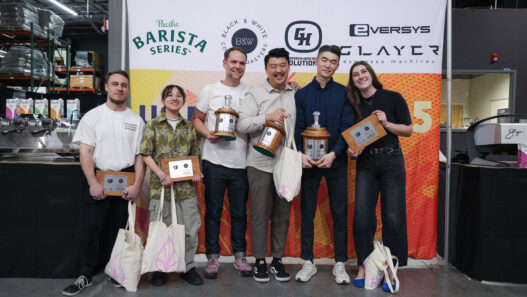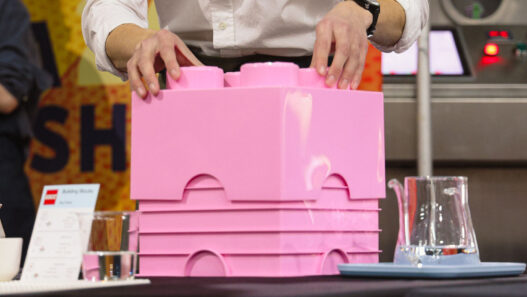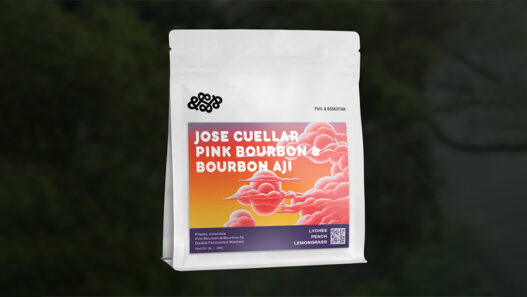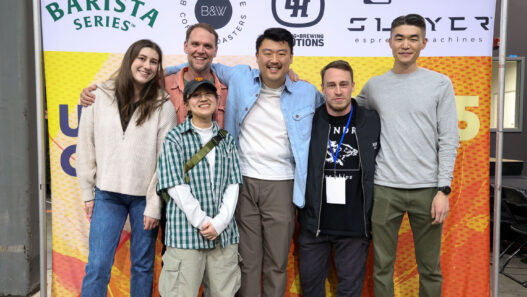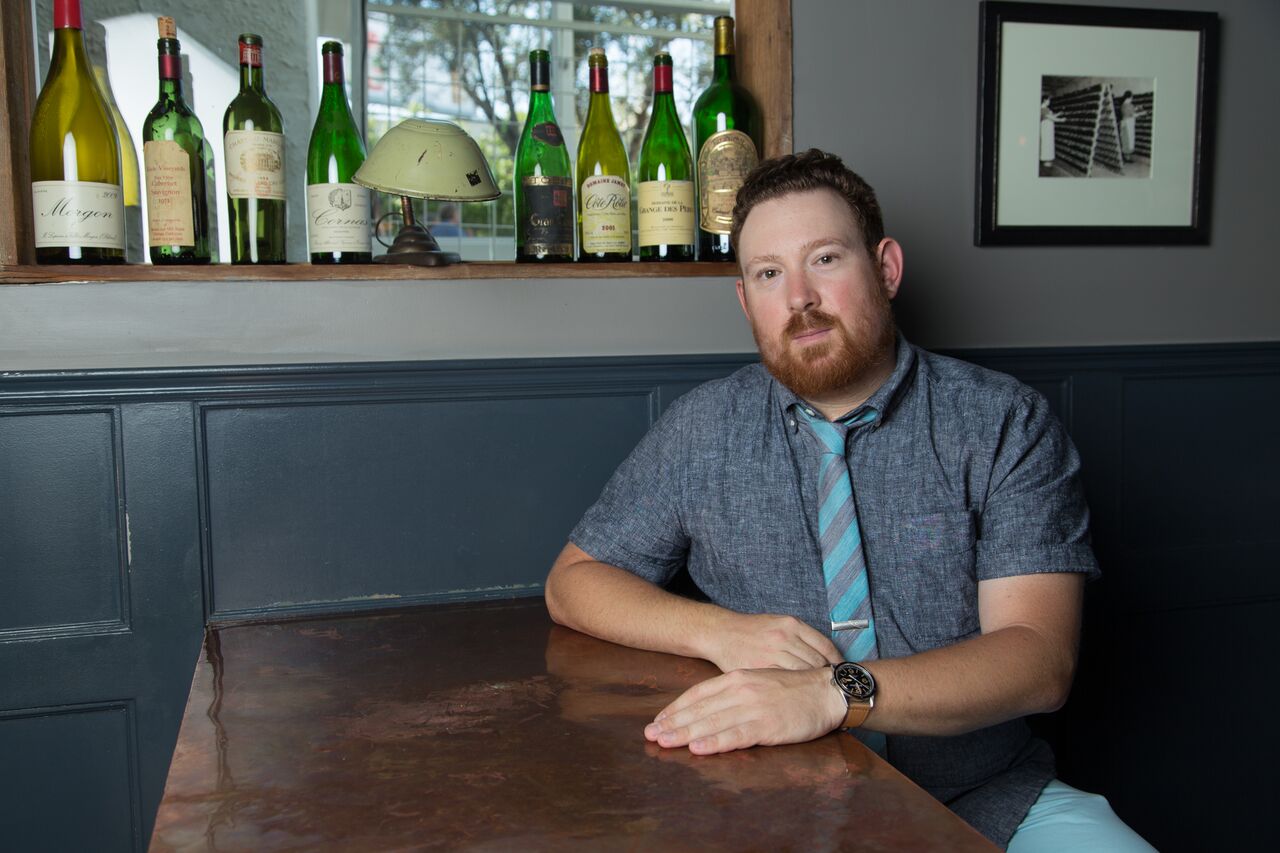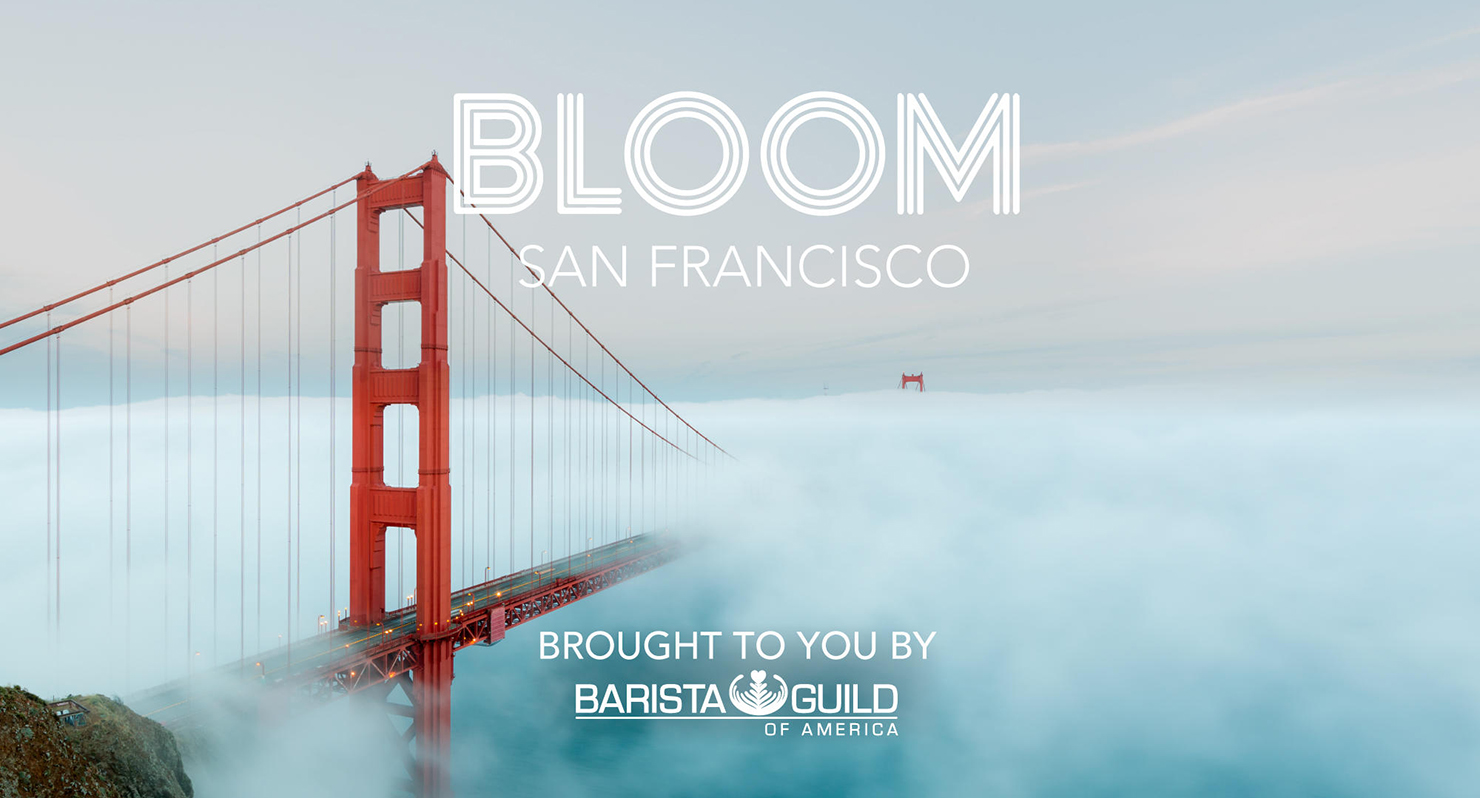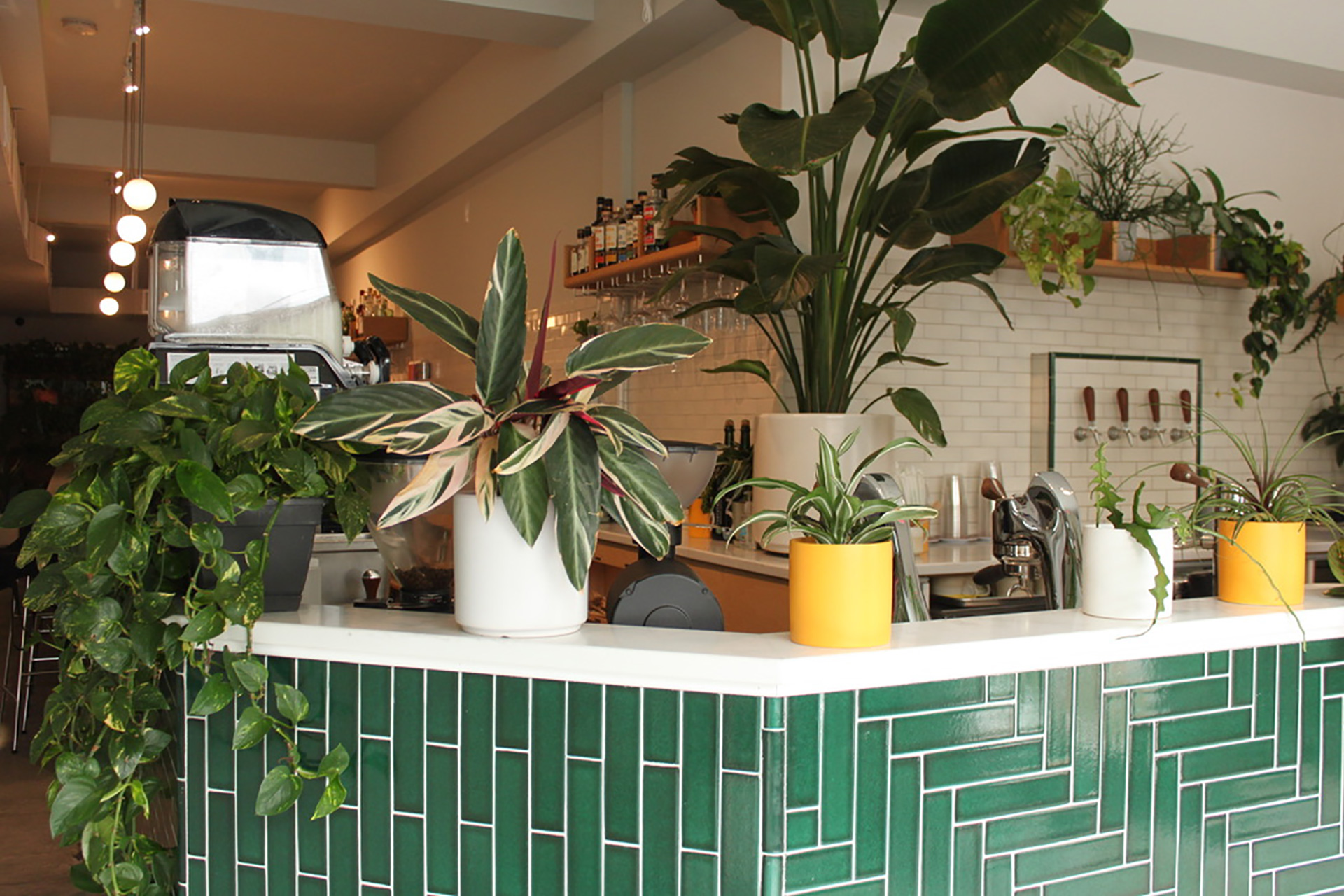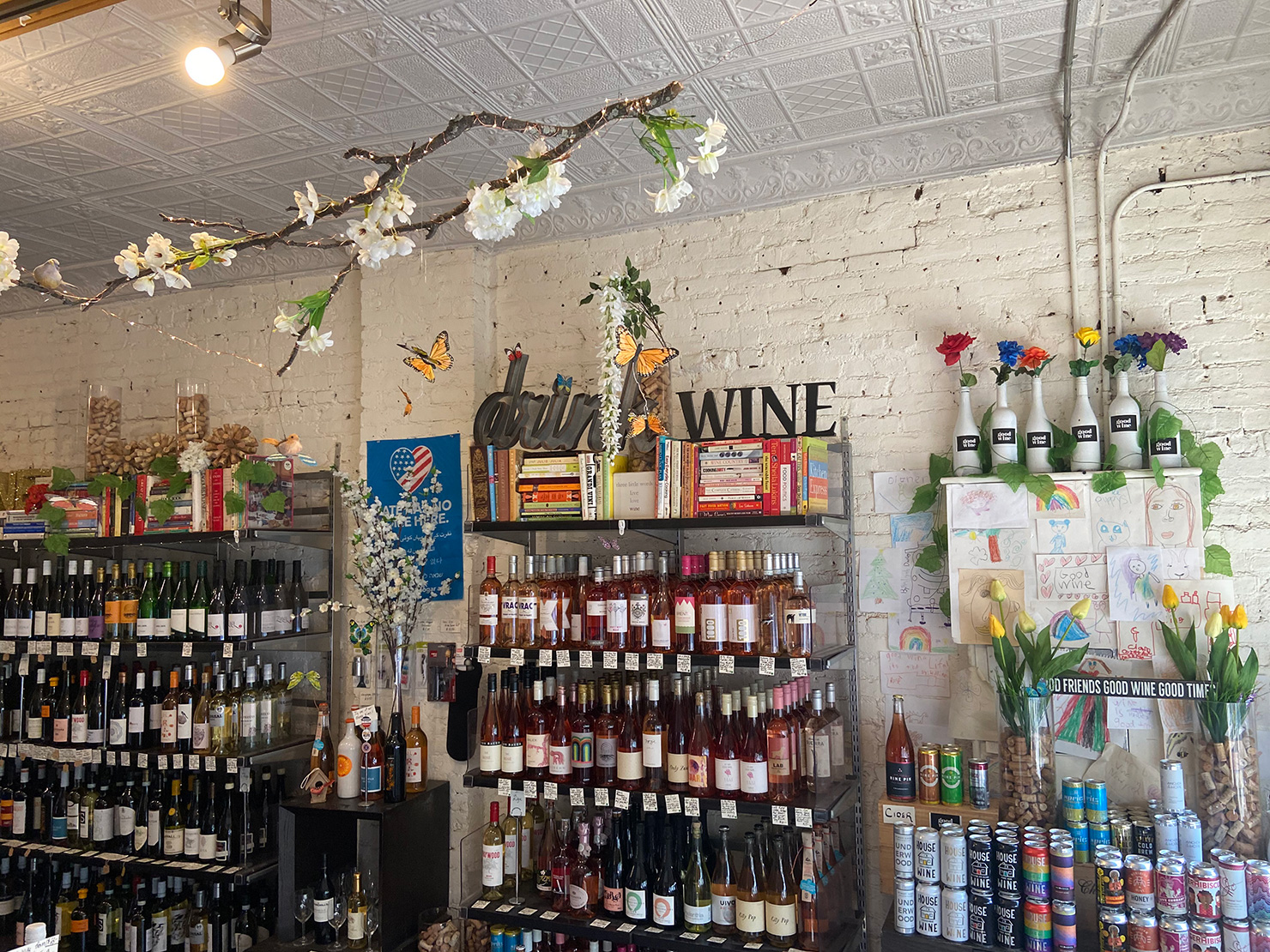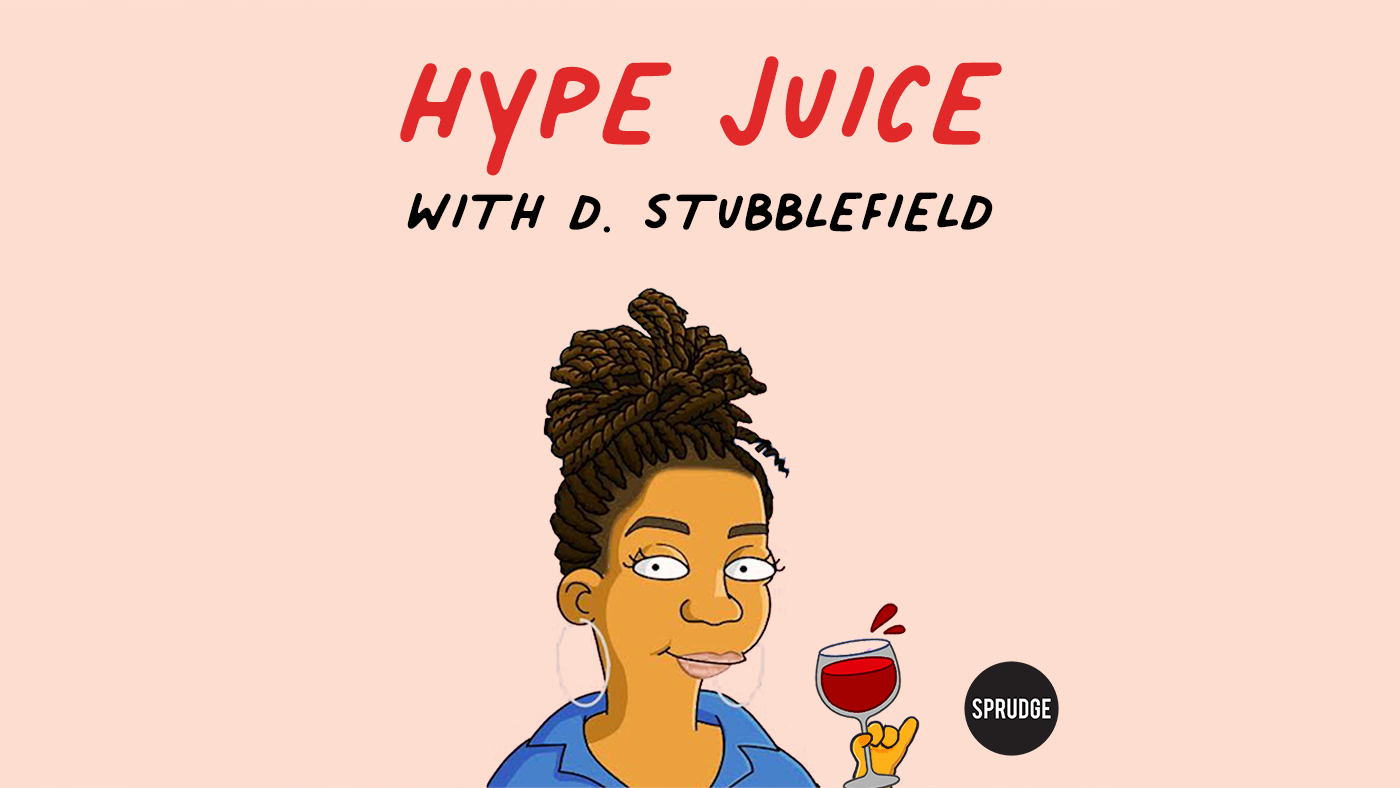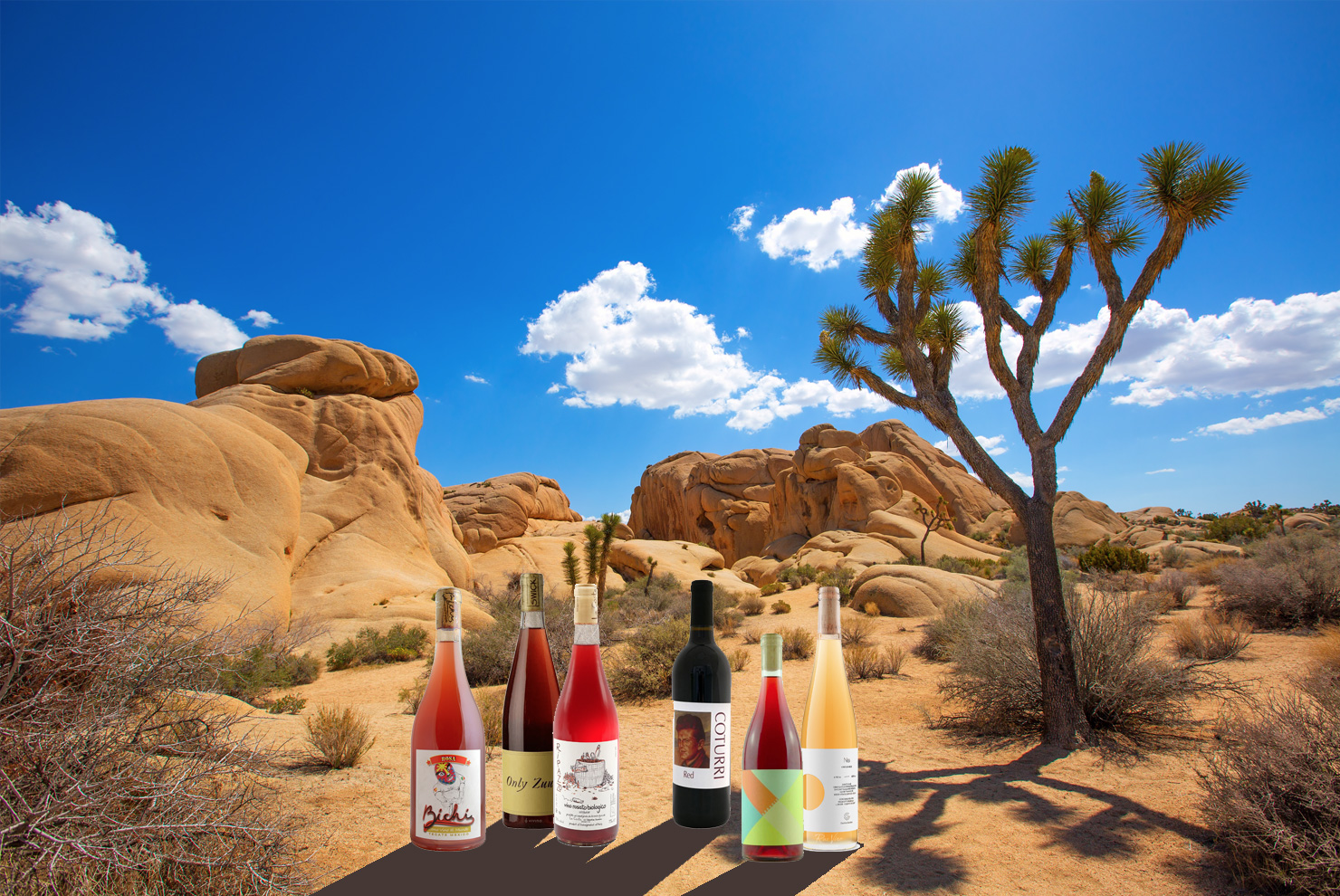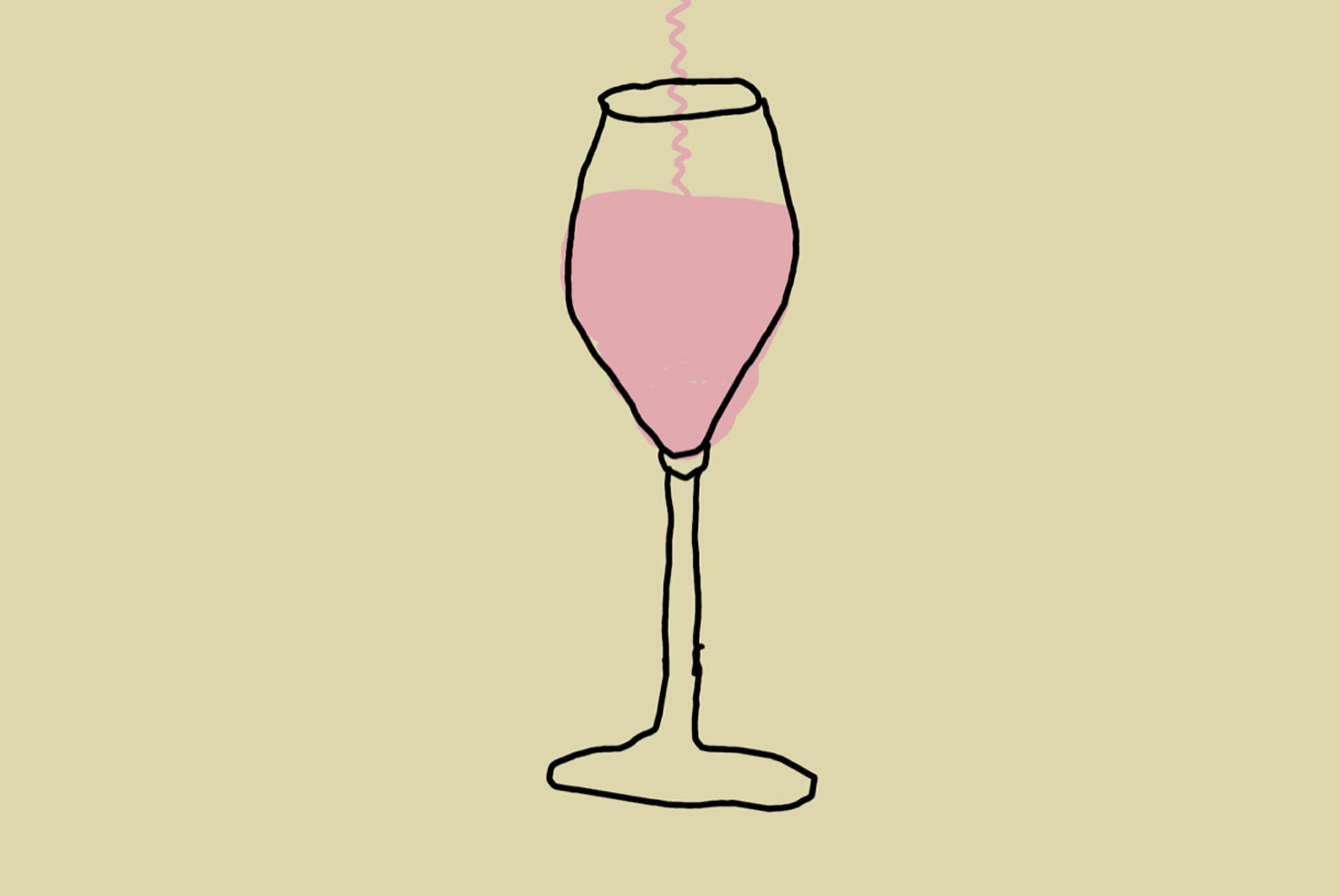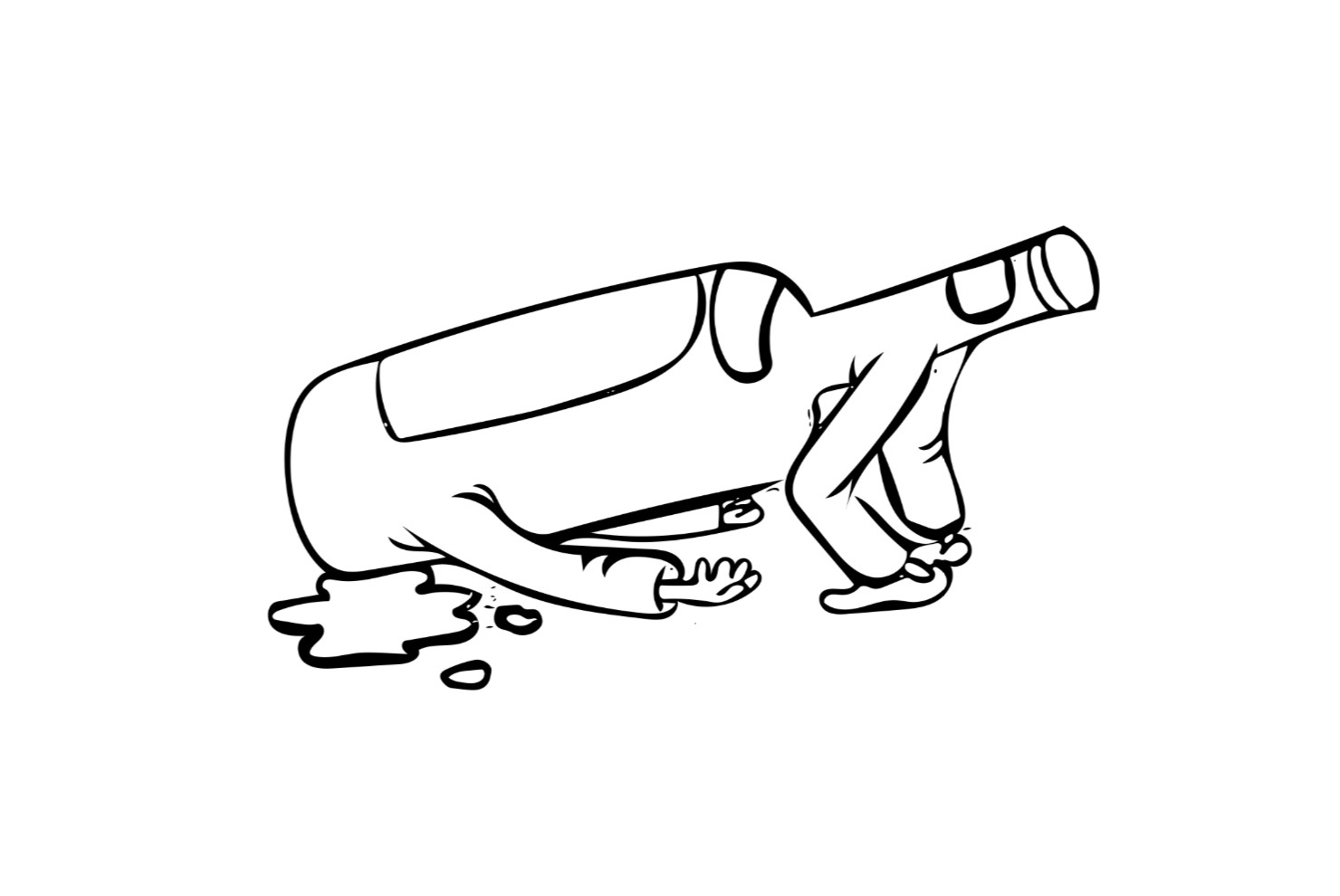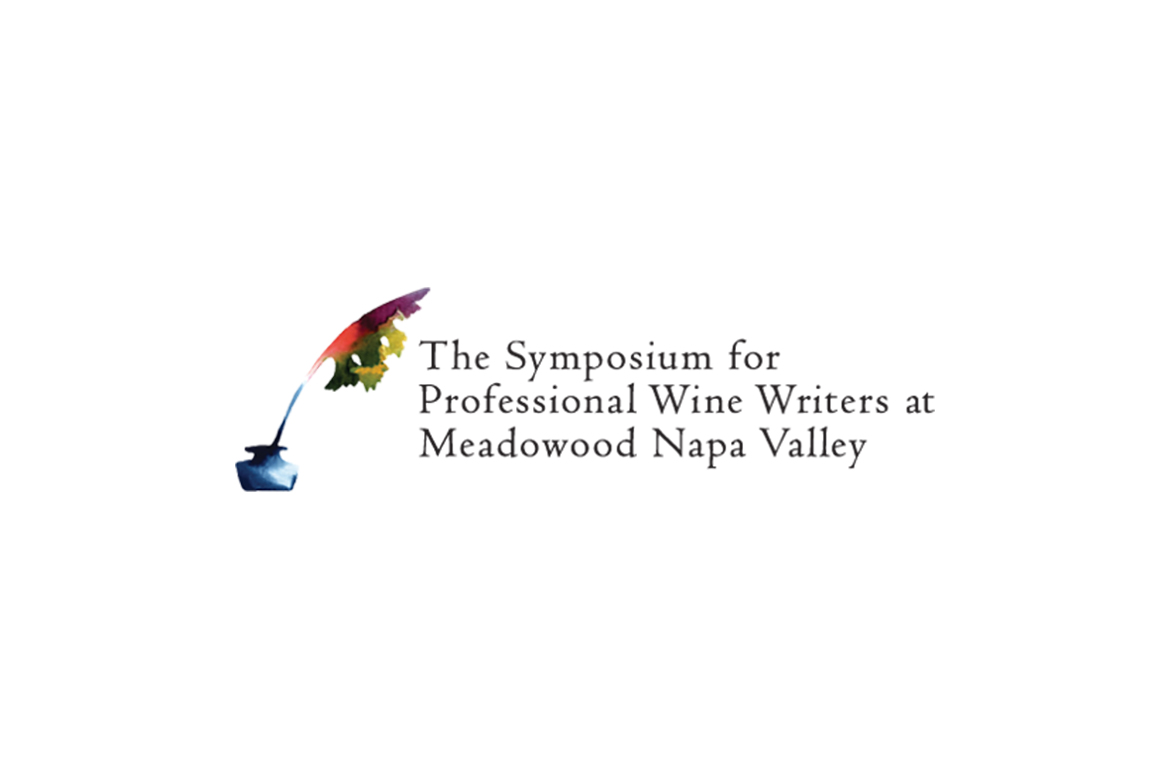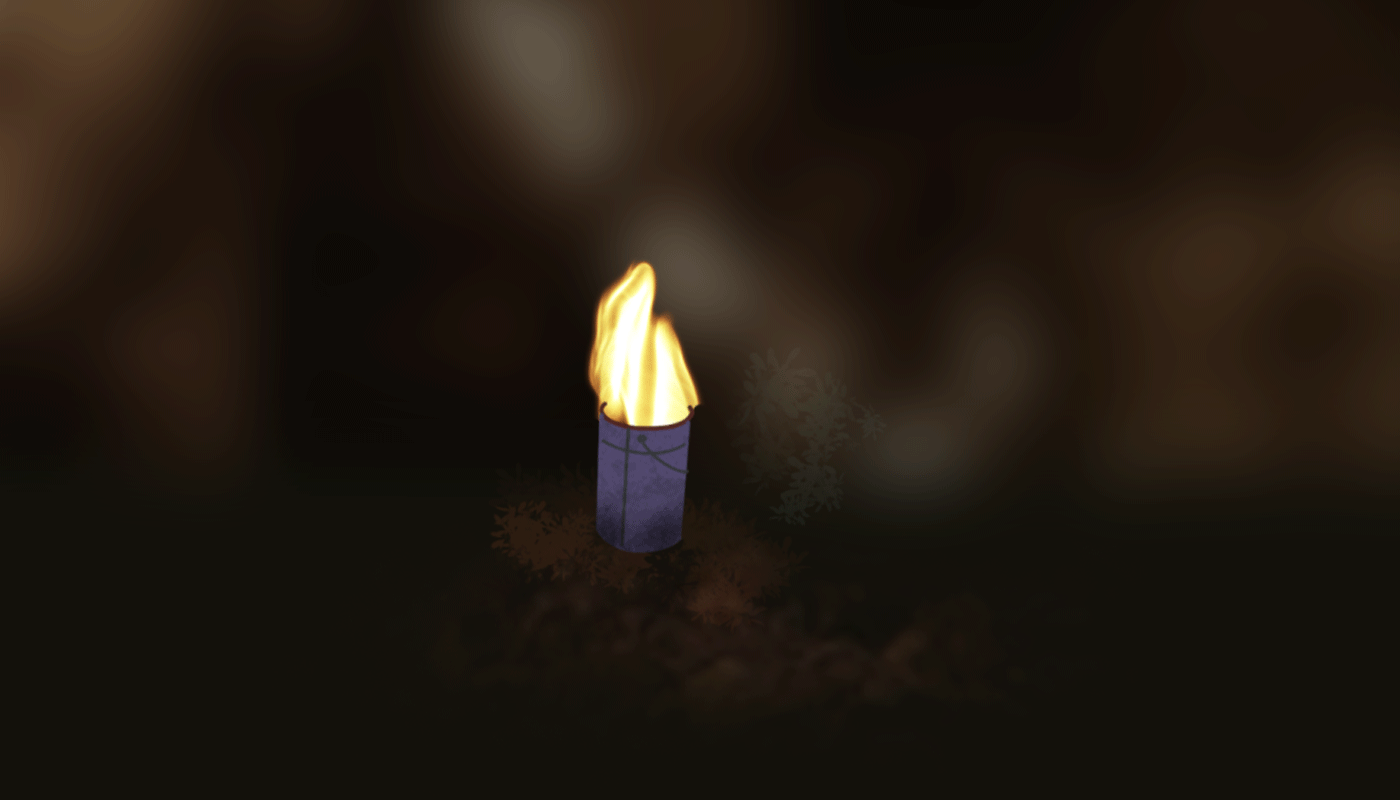It’s mid-afternoon in the LA neighborhood of Atwater Village, just across the Los Angeles River from Los Feliz, Echo Park, and Silver Lake. I’m there to meet Matthew Kaner, co-owner of some of the Southland’s best wine bars—including Bar Covell in Los Feliz, Augustine Wine Bar in Sherman Oaks, and Dead Or Alive Bar in Palm Springs—who later this summer will open Good Measure, a “wine centric restaurant” in the former Ozu East Kitchen space at 3224 Glendale Boulevard.
Kaner got his start in the LA wine scene back in 2006 at the great Silver Lake Wine, the landmark wine retail and events hub on Glendale Boulevard (and now with a second location and wine bar in the LA Arts District). Covell launched in 2010, Augustine in 2015, and he came on as a partner for Dead Or Alive last year. Somewhere amidst these openings he’s earned awards and mentions from publications both regional (LA Weekly) and national (Food & Wine), helping to push the wine scene forward in a city experiencing a generational boom in restaurant, bar, and cafe culture.
It’s hard hat time now at Good Measure, pushing fast towards an opening date in the last week of July, but Kaner—clad in a robin’s egg blue Dodgers hat, denim Polo shirt and work boots—has managed to step aside from the project briefly to speak with Sprudge Wine. With contractor staff moving in and out of the space, and cars zooming past on Glendale, we spoke over an outdoor bar in the midday sun, still wrapped in plastic. Good Measure’s target opening is the last week of July.
This interview has been condensed and edited for clarity.

Hey Matthew—thanks for making time. Can you start by telling us a little bit about this neighborhood and the building you’re going into?
Of course. This place was called Ozu, but way back before that it was actually the West Coast offices for the Beastie Boys’ Grand Royale Records & recording studios. [G-Son Studios, where they recorded Check Your Head —ed.] That’s an MCA mural right there, that went up after he died. We worked on the exteriors here but, obviously, we’re not painting over that.
That’s pretty incredible. You know, Mike D is famously a wine drinker—his interview in Noble Rot #13 is great. Have you met him?
No, unfortunately.

Maybe he’ll come once you open.
Could be. But, yeah, Atwater Village…you know, Silver Lake, Los Feliz, Venice, all these places here in LA, the commercial real estate prices are through the roof, and there’s not more places to put things. Expansion has to happen outside the norm. The eastern part of LA, it has a long history, and there’s the right kinds of buildings and landlords and entitlements where you can walk in and get to work. There’s a history of license here, so I can do a restaurant here versus walking into a place that used to be a dentist’s office. Turning something like a medical office into a wine bar is a nightmare in this city, but turning a restaurant from 20 years ago into a wine bar is much easier.
This whole part of the city is kind of changing, right?
Yeah, definitely Atwater Village, Highland Park, Eagle Rock, Mt. Washington—this explosion has happened around an area that had the right facilities for it. And young couples who want to buy a house, they can’t afford Silver Lake, because there isn’t a fucking house to buy, they’ve all been bought.
What would you estimate—like how much more expensive is a house here than across the river? A $200,000 difference, or more?
Depends on when you’re looking. People from Britain, Sweden, Germany, Iran, the oil-producing countries, they’ve come into certain neighborhoods in LA and bought up property with cash for their nieces or nephews. Whatever the offer was, they’d pay more. It’s good for people who are selling homes but it’s bad for people wanting to buy a home in their city. Out here now, in Atwater Village, a two-bedroom house is like $780,000 or more.
And perhaps even more after you open. Tell us more about the plan for Good Measure—what will you be serving? What’s the vibe like?
It’s wine country cuisine from around the world, paired with a wine program that makes sense. We’ll offer wine from up to 20 countries—at Covell I think the most we’ve had is 30—and the list will be more down the fairway, not quite as experimental here as we are at Covell.
This will be the first time at any of my places you’ll be able to call and book a seat. Other places, you have to show up and go with the flow. Here, it’s about comfort, the experience of sitting and ordering food, which is from chef Mike Garber, who was Neal Fraser’s second in command at Grace and BLD.

This is your fourth wine project to open. How is the approach different now for number four compared to your earlier work?
No matter what I do, I’m sensitive, and I don’t want to give people ancillary experiences they can already have. We’ll never open another Covell. Augustine is so hard to replicate because there’s only so much vintage wine.
For the last two-and-a-half years, I’ve been looking for the next thing, and I knew I had to tread lightly and be more of a restaurant, and that’s controversial because of how the restaurant industry is changing. It’s smarter now to open wine bars, frankly. But humans want comfort. They want reservations. But when you open a wine bar, by definition it is a place kids can not be and it makes seating tough because they tend to go into smaller spots. In the case of a restaurant you can have kids; you know, most people who can afford wine have kids. At Covell and Augustine, you can’t have a kid with you because those places aren’t legally restaurants. Yes, we serve food at them but it’s all about the liquor license. The license defines everything.
So I had to think, what neighborhood could support what I wanted to do wine-wise, with the right real estate and the right license? When I found this opportunity through my broker, I couldn’t talk myself out of it.
It seems like accessibility for families is a focus for you. Do you have kids?
No. No wife, no kids. My focus is more related to the countless times I had to ruin a young mom and dad’s night by saying, you know, “I’m so sorry, and I appreciate you coming, but you can’t be here.” Here we have a restaurant with a restaurant liquor license, and anyone under 21 is allowed.
It’s about being conscious of who comes to have this kind of experience. They want a table. They have a stroller. They’ll have a young kid with them. Some people will ask wine questions, some people won’t—some people are just comfort zone drinkers—but we wanted it to be a place where people could who want to drink wine and eat dinner can, without a problem.
What wines are you going to open with? Are you there yet on your list in advance of opening day?
Nope. It’ll be wine from all over the world. I’m sensitive about not talking about that stuff and I like the idea of the reveal. And to be more honest, I haven’t had a second to fucking think about that yet. There’s wine in the world and it’s not hard for me to make a wine list. For me, I can put it together in a week if I have to. I haven’t had time to dedicate towards it yet. I’m close to the hip on this stuff and I don’t like talking about specific wines. I’ve learned, if I say it now and we open in a month, it won’t be available anymore.
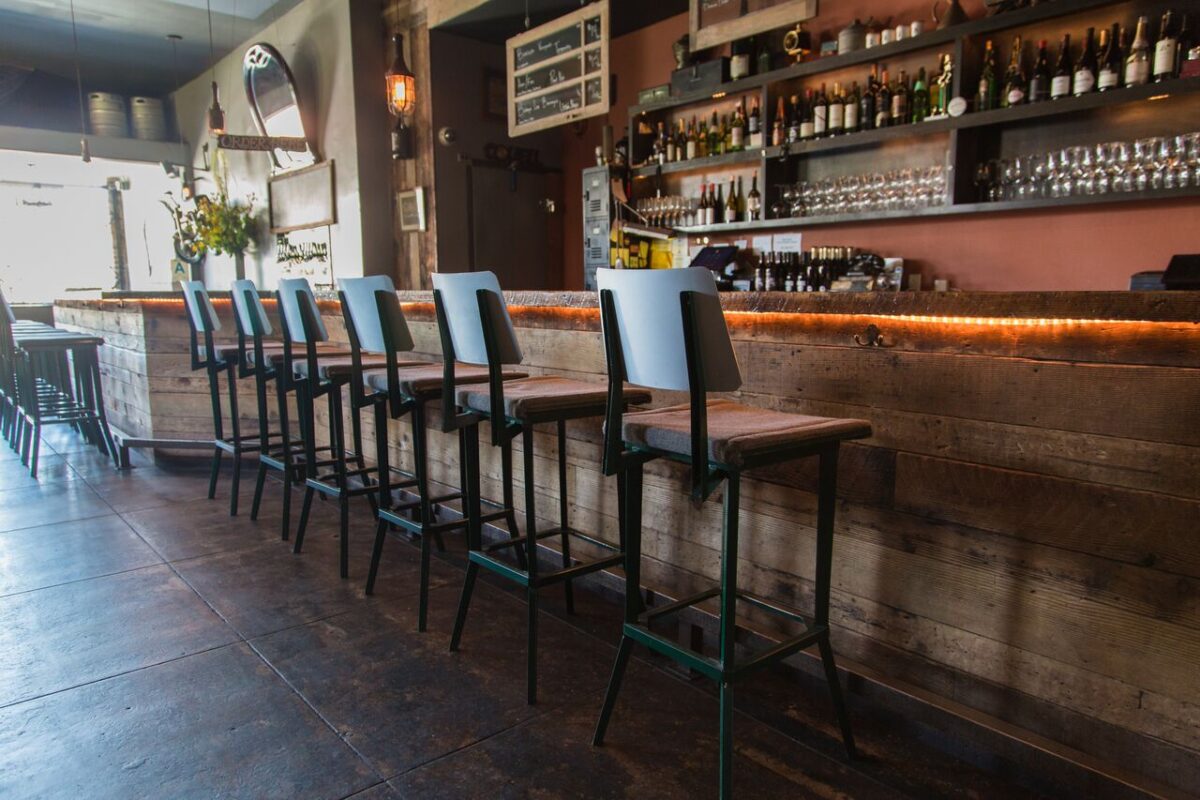
You mentioned “comfort zone drinkers”—expand on that a little more for me, what do you mean by that?
It depends on how long they’ve been drinking wine for and where they come from. If people only have had a few wines—Napa, Paso Robles, whatever in California—then they need that one experience, one connector, to open up other wines to them. There’s an analogy I like to use often: I love Otis Redding, and The Rolling Stones and Aretha Franklin made songs like “Pain In My Heart” and “Respect” famous. So if you love the Stones and Aretha, you might fucking love Otis Redding. Wine works the same way; people have comfort zones, but what I try to do is to say, “Oh, you like Pinot? You might like this…”
Does that mean say, pouring Burgundy for someone more familiar with Santa Barbara?
Burgundy is overpriced and stupid. I’m over it. It’s done. I hate to say it out loud, but I stopped buying Burgundy for my own drinking a long time ago. The only exception is occasionally having white Burgundy by the glass, but red Burgundy? You may as well drink Ste. Rita Hills in their youth. How they age is a different story, but if you’re gonna drink 2012 Gevrey-Chambertin, who the fuck cares?
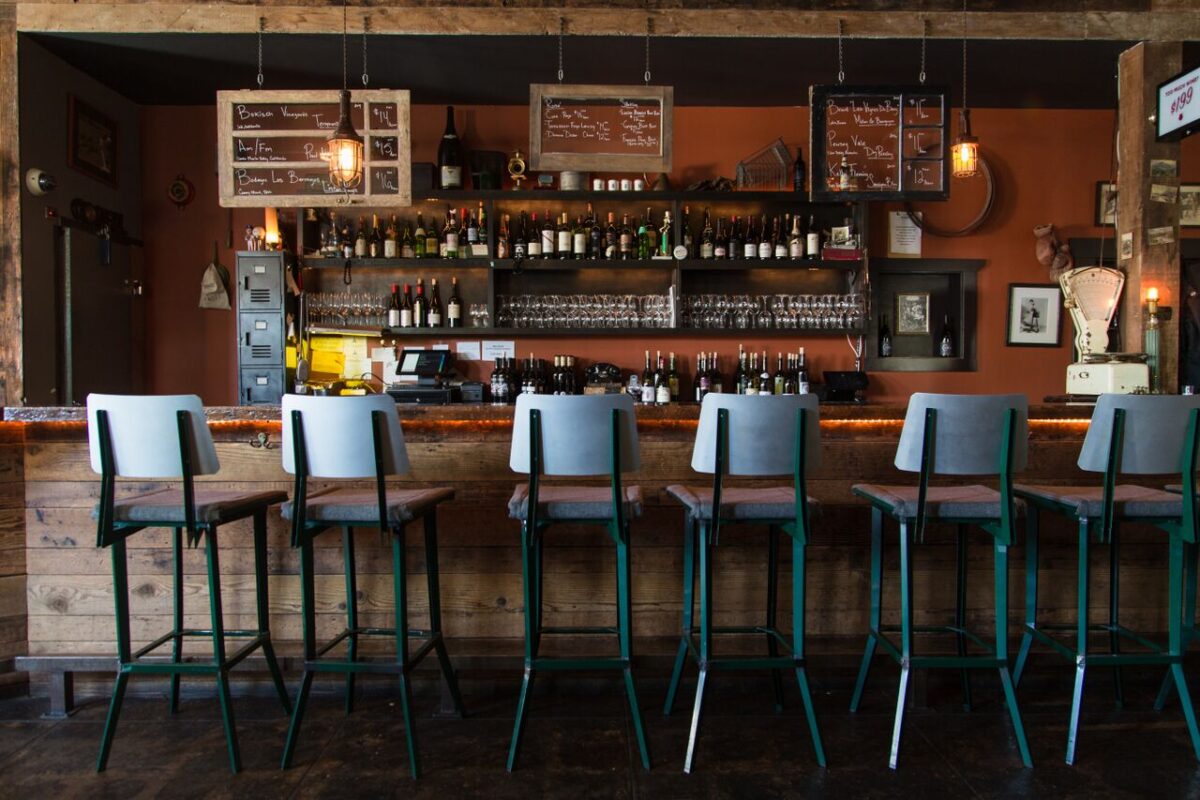
Every one of your spaces before this one has had a co-founder—you’ve worked with partners.
True. At Covell, I opened that with Dustin Lancaster. Dustin, at that point, was a commercial actor and bar manager, and he had an amazing eye for design. He designed it, I was the service director, and we worked there every second for a long time. He’s had other opportunities since then—I think he’s on his 11th business now. He’s the guy who makes it look great, he’s the concepts designer and works on that part of the team. He’s since gone on and opened other businesses.
Augustine was with David Gibbs, from the band Gigolo Aunts. That place came about because he was a Covell regular, but he’d just bought a house in Sherman Oaks, and he kept saying, “Why don’t you open one of these out there?” Until finally I said, “Dave, why don’t you open up a bar out there?” The way Augustine looks, from the ground up, that’s all Dave—I’ve just been working as the service director and wine director, helping with the vintage buying program.
But now at Good Measure, for lack of analogy, I’m the quarterback, not the receiver—not the linebacker, the quarterback. I’m the leader of the group. The partnerships I have and have had are super valuable in my life, and I’m lucky to be a part of them, but this was time for me to have a chance to do something that was my vision, not part of someone else’s vision.
Is this your most personal project?
I’m not gonna say that. They’re all personal. But in the opening phase, I’m giving the most of myself to this project. I’ve wanted to open something in Atwater Village for a decade.
I have to ask you more about Augustine because I’m kind of a fanboy. My business partner Zachary and I have been out to Augustine a half-dozen times now; it’s become part of our LA travel ritual. But when we come to town, locals look at us like we’re crazy…you know, “It’s Friday night, and you’re going to Sherman Oaks???“
I know, I’ve heard it too. But it turns out Sherman Oaks was fucking foaming at the mouth for something like Augustine, and that’s why it works. There’s expendable income out there, and prestige. You have to understand, in LA, this area of the city where we are now—Atwater—that’s for people who are making it happen, striving to make a name and to succeed, and then over there in Sherman Oaks, that’s where all their bosses live. LA’s hospitality economy is driven by places like Sherman Oaks—not just hospitality, in many industries really—because that’s where the money is. That’s where you’ll get a very well-to-do person walking in saying, you know, “Listen, I have a babysitter for an hour and a half, how much money can I spend?”
Sounds like a good business model!
People there are familiar with wine already, too. They’ve traveled, they have experience. Here, people want to be someone and are working towards it. There, people are someone, and have been for a while.
How do you and your partner at Augustine hunt out the vintage wines?
Incessant behavior and luck. Dave specifically has desired since day one that anyone with a wine cellar looking to sell should think of us first. And we’re getting closer to that reality. But in the short term and in the past we’ve sought out opportunities: Craigslist, Ebay, auctions and estate sales, any and every opportunity, you have to see it through. On Craigslist, you’ll see vintage wine for sale, and it’s some bullshit wine and a Charles Shaw bottle, but then you show up and it’s someone’s DRC collection.
Did that actually happen?
That actually happened to us. It was fucking awesome. But in that model, you have to have the time to invest, the capital to invest. Augustine has a bigger inventory many times over because there’s a necessity to make that investment and we believe in it. And on any given day someone’s going to walk in and say, “Excuse me, what’s the rarest, oldest bottle you’ve got?”
For the rest of us, the nightly vintage by the glass specials and rest of the wine list at Augustine is a great glimpse of that life.
That’s important to offer too. At Augustine, the clientele will ask, “What Napa Cab do you have? What California Chardonnay?” Whereas at Bar Covell, the conversation is much more about natural wines.

Covell’s been open since 2010. Are way more people asking for natural wine now?
There is a faction of people, whoever they are and wherever they learned from, that all they care about now is natural wine. Not to placate, but I’ll always have options that will fit the natural wine bill. What I don’t believe in is the context of “only natural wine” dominating the conversation.
I’m never going to open a “natural wine bar” because there’s not enough for me, personally, to fill up a wine list. It’s dogmatic to take a book that’s a thousand pages, then say “only 12 pages in the middle are important.” So when people come in and ask about natural wines, I say yes—we have wines with no additions or subtractions—but I’ll also ask, what are you looking for? And if what you’re looking for is that, then great, but otherwise it’s like…why does it matter? If you add a little sulfur because you want to make the wine travel comfortably, then does that mean a natural wine drinker can’t enjoy it? I think people don’t understand the statements people are making when natural wine is the focus. Wine has been made for centuries with additions and subtractions, and that doesn’t make it bad.
I’ve been to places where all they do is manipulate. I’ve been to places that are hands off. If the end goal is to enjoy the glass of wine, well, I don’t want to put Round Up in my mouth, or put money in the Koch Brothers hands, but if people are putting in 365 days a year in the vineyard, and then adding stabilizer so they can ship it, what about that is bad?
I wish it was a more open dialogue and not so dogmatic. New York, SF, Oakland, LA to a degree, are getting kind of on the wrong side of the natural wine conversation. Nobody is having “the talk,” which is to focus on wine that’s good, not just dogma. Good is so fucking subjective.
It’s true that your places are quite different from what’s in New York or Oakland. You aren’t The Ten Bells, you aren’t Ordinaire—LA doesn’t have somewhere quite like that yet.
Fucking good! I started in Santa Barbara and natural wine wasn’t even in the conversation then, in 2005. By 2013, natural wine, people are asking for them; people know to ask for them. And what I believe is, if your starting line is 2012, it’s likely you’ve become part of the “have to know about natural wine” crowd. I didn’t start that much earlier—7 years is not that much—but it’s mind blowing how different it is.
Who you learn from is everything. I have friends that are huge natural wine enthusiasts and apologists, and a lot of what they do and say I agree with. They have good taste, and they don’t placate the fact that if it’s a natural wine, it’s automatically good. But for a lot of people, the dogma and philosophy of natural is more important than a wine actually being enjoyable.
In LA, we’re not close to Italy, we’re not close to France. In New York, you can get on an airplane and it’s just 5 hours to Paris. We have different importers here, we have different mentalities, we have sunshine, we have weather. It’s different, and it all impacts wine.
LA doesn’t have an Ordinaire or a Rouge Tomate, but it does have people who started in that 2012 to 2013 era, and certain importers that only do natural wine. My point is, there’s not only natural, and I’m glad because it’s not a thing to only do. It’s part of a conversation. But I love people who have made their name on it. And if anyone knows who the fuck you are in the wine world, good for you. Just consider digging a little deeper and thinking a little harder about the statements you’re making, because you end up discrediting people’s work—365 days of work—because you don’t think it’s “natural”.
For what it’s worth, I feel the same way about restaurant critics, because they walk into a restaurant and shit on anywhere from a six-month to two-year investment someone made. Investors, retirement funds, all of that work—one critic’s opinion can fuck that all up and make it go away. If people were more sensitive about what they’re talking about and the gravity of what they’re saying, I think we’d be better off.
Your first gig in wine was with the Silverlake Wine, close to here. But before that you worked in music—what kind?
I was a singer-songwriter sad bastard Ryan Adams dude with a guitar. I thought I was going to be a songwriter or tour manager or something musical, but in that world you’re never good-looking enough, your songs are never good enough, the crowd can’t give enough attention, and out of nowhere I started getting attention in the wine world and felt valued. I felt like part of a community and my work was being reciprocated by people’s enjoyment of the wines. As much as I loved music, and I will always love it, I never got anything back from it. And in wine, day one I got something back.

Do you ever entertain the fantasy of going and making a record now that you can afford it?
I’ve got songs I could go record right now, but my voice isn’t in shape. I’m not playing guitar every day. It’s not my reality right now. It’s not a goal of mine.
I would much rather do what you’re doing to me right now; I’d rather be the guy who makes someone else comfortable and gets them to talk. I’ve been trying to sell TV shows the last three to four years unsuccessfully, and it keeps coming back to the same place: I want to be Dan Patrick. I want to be Jimmy Kimmel and get an opportunity to make someone comfortable and talk about themselves. Is that related to wine? No, but it’s related to humanity, and it won’t be about music. I’m not Justin Bieber, I’m not The Weeknd, I’m not Katy Perry. I don’t drop letters out of my name. There are two t’s in Matthew.
There’s a quote from you in an interview with the Desert Sun, where you’re talking mispronunciation of wine terms, and you say, “I want to remind people of how you pronounce things in different languages, number one, and number two, I want to turn them on to things that, if you can’t pronounce them, you’ll never taste them.”
I think this topic in wine is fascinating and I want to ask, how do you approach mispronunciation from a service perspective?
We’re redefining things for people. Their comforts, their vulnerabilities, their barriers to entry. And whoever you learn from becomes a maestro to you. So if someone you learn from is someone who can’t pronounce French, you’ve only ever heard it wrong. My job is not to make people feel bad about that. My job is to help redefine how someone thinks about it.
My quest to help people pronounce things, it’s from a place of encouragement, not from this place of “Oh, I’m a somm, I’m up here, you’re a piece of shit”—I don’t believe in that. Nobody gives a fuck how much we know about wine, but every person cares about how you make them feel. So if you make them feel inferior about their knowledge, you lose. It’s delicate—you say, “Hey, in the true pronunciation, it’s this.” If people have to know how to pronounce something to try it, they’re never going to branch out. I like to think that in 10 words I can get someone to try a wine they’ve never heard of before.
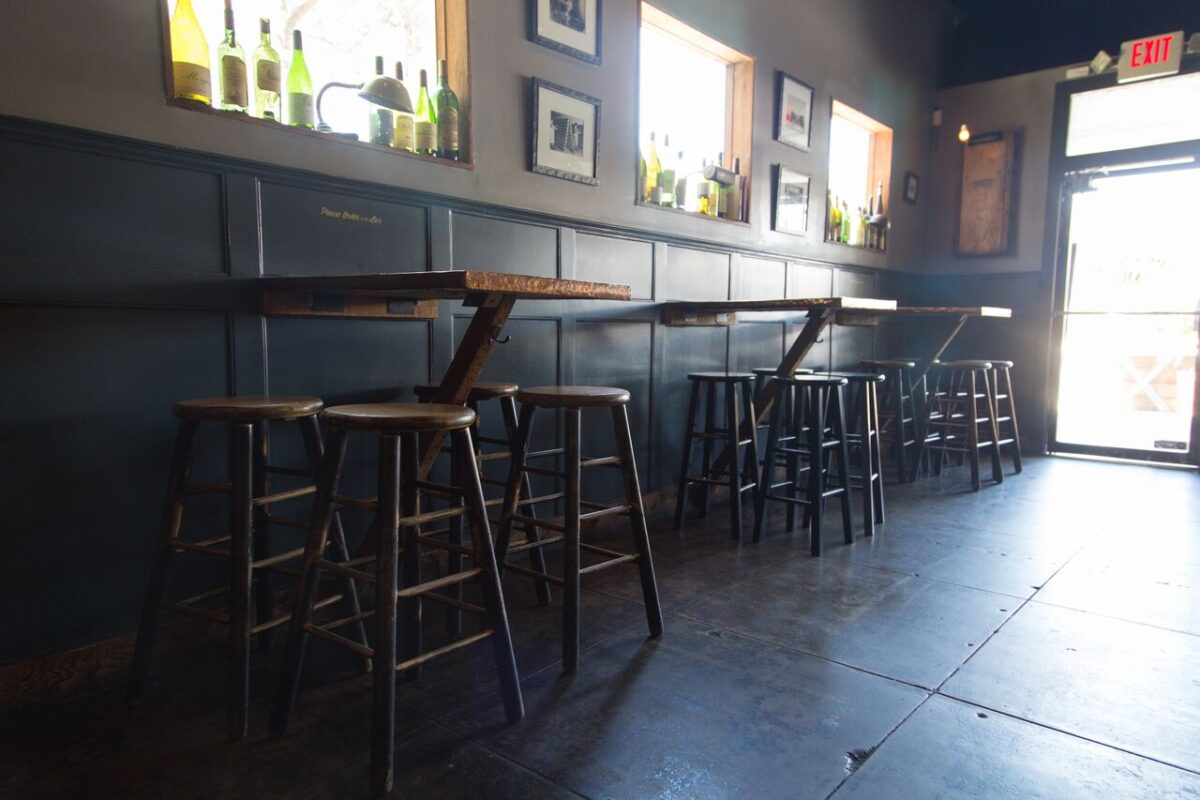
Which ten words?
White, red, rosé, sparkling, lighter in body, more full-bodied—stuff like that. It’s what we do at Covell. It’s not about what something’s called. It’s about answering a series of questions and you get to the end and it’s a Mtsvane from Georgia with skin contact, or it’s Cour-Cheverny—it all depends on not saying, “Hey, do you want to try something you can’t pronounce?”
My goal is not to get people to drink a wine they can’t pronounce; my job is to get them to drink something and not run away, just because they can’t pronounce it yet. If then—not then if.
And also, you don’t know if the person at the table has already been to the Republic of Georgia, or been to Slovenia. You can never assume, especially in LA. We have an airport here that takes you anywhere in the world.
Speaking of anywhere in the world, you make an Oregon wine with the folks at Brooks Winery, in the Eola-Amity Hills. You’re a California guy—why make a wine from Oregon?
Janie Brooks Heuck is an old friend, we met back in 2007 when she first signed on to carry the torch for her late brother Jimi. She came to me with a program she was considering back in 2015—the idea was to invite sommeliers from around the country that she had a great relationship with to craft a custom blend for their wine bars/restaurants/wine stores. I WAS IN. This year will be my third custom blend I’ve done with Janie and their winemaker Chris Williams! They do so well at all of my establishments (Covell, Augustine, and Dead or Alive).
Is this where the Matthew Kaner story eventually ends up? You’re a Santa Barbara native; you’re already working on wine brands, with Brooks and your own AM/FM wines. Are you going to wind up running a winery someday?
The way my life works right now because I own wine bars, I can’t legally own a winery. If I wanted to do that I’d have to have a partner in my life—hopefully someone I could wake up next to. But I would love to end up on a vineyard someday. If I could wake up every morning on a vineyard, I would be stoked, but I want to do it in Santa Barbara as much as I want to do it in Lisbon. I want to go everywhere.
Thank you.
Good Measure is located at 3224 Glendale Boulevard in the Atwater Village neighborhood of Los Angeles, opening summer 2017. Visit their official website and follow Good Measure on Instagram for updates.
Bar Covell is located at 4628 Hollywood Blvd in the Los Feliz neighborhood of Los Angeles. Visit their official website and follow Bar Covell on Twitter, Facebook, and Instagram.
Augustine Wine Bar is located at 13456 Ventura Boulevard in Sherman Oaks, California. Visit their official website and follow Augustine Wine Bar on Twitter, Facebook and Instagram.
Dead Or Alive Bar is located at 150 E Palm Canyon Drive in Palm Springs, California. Visit their official website.
Jordan Michelman is a co-founder and editor at Sprudge Media Network.
Photos by Devin Pedde (@dpedde) for Sprudge Media Network.






